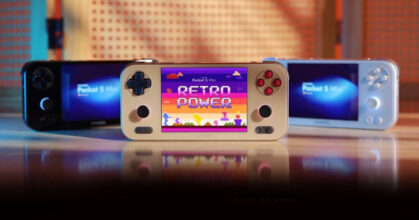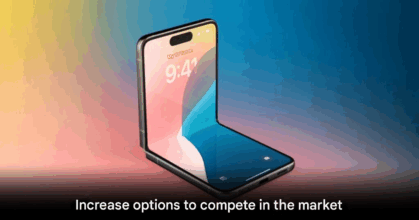
Esports players have voiced strong dissatisfaction with the use of Intel CPUs in tournaments sponsored by Intel, citing frequent system freezes and frame rates dropping below 100 FPS. Many pros argue that gameplay feels far less smooth compared to AMD’s Ryzen 7 9800X3D. For example, ropz, a Counter-Strike 2 player, bluntly stated that the game performs terribly on anything other than the 9800X3D. Hardware Unboxed compiled these reports on X, highlighting players experiencing frame rate differences of over 100 FPS between Intel and AMD setups.
In esports, competitors often lower graphics and resolution to maximize frame rates, placing heavy demand on the CPU rather than the GPU. Benchmarks show Intel’s Core i7-13700K significantly underperforming against AMD’s X3D processors. Peterbot, the world’s top Fortnite player, revealed that while he uses a Ryzen 7 9800X3D at home, he was shocked by the poor performance of Intel’s 13700K during the FNCS Globals. Several players also reported system freezes, even when CPUs ran at stock settings.
System instability has been a recurring issue with Intel chips. JJLiebig, an esports streaming consultant, shared that during the Esports World Cup, observer PCs running on Intel’s Core i9-14900K froze roughly every four hours on three out of five machines. The cause was traced to voltage degradation problems in Intel’s 13th and 14th Gen CPUs. While Intel has released microcode updates to address this, permanent hardware damage cannot be fixed.
Because Intel sponsors a large number of esports tournaments, organizers often mandate the use of Intel-powered machines for fairness across competitors. However, many players are frustrated that this negatively affects performance at the pro level. For casual gamers, slight frame rate differences may be unnoticeable, but for esports professionals, every frame matters.
These incidents underscore Intel’s recent struggles, particularly the freezing issues that have tarnished its reputation over the past year. Despite Intel’s efforts to roll out fixes, the negative experiences at tournaments continue to fuel backlash. Meanwhile, AMD’s Ryzen 7 9800X3D has gained recognition as the superior choice for competitive gaming where high frame rates are crucial.
Final Thought
The ongoing complaints from esports players highlight a growing divide between Intel’s sponsorship presence and its actual performance in competitive gaming. Until Intel can fully resolve these issues, AMD’s X3D processors may continue to dominate the pro scene, further shifting industry trust and player preference toward AMD.
origin: pcgamer





